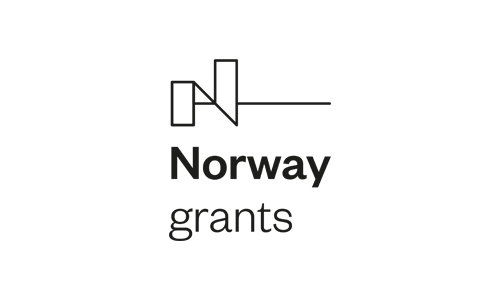About the project
Environmental stress can severely challenge the ability of an organism to survive and reproduce. One such, potentially dangerous, environmental stressor is acute cold, whose cellular impact, in contrast to excessive heat, remains poorly understood. To mitigate stress-induced damage, an affected organism launches diverse cellular responses. Crucially, in order to preserve protein homeostasis (proteostasis), cells must coordinate protein synthesis with protein degradation. How this happens in response to cold in the main focus of this proposal.
Many animals respond to cold by entering a state of inactivity and metabolic depression, known as hibernation. One conserved feature of hibernation is a global repression of translation. Using the powerful genetic model of Caenorhabditis elegans, which can display a hibernation-like behavior, our first goal is to determine which pathways repress general translation in the cold and uncover how specific transcripts evade the general block of translation. Compared with protein synthesis, even less is known about protein stability/turnover during hibernation and recovery. The ubiquitin/proteasome system (UPS) and autophagylysosome pathways are major proteolytic systems remodeling the proteome during stress.
Recently, another conserved mechanism has been identified in C. elegans, which extracts unnecessary proteins and organelles from cells in large vesicles called exophers. Using the C. elegans model, we observed the potential roles for both UPS and exopher-based pathways in the adaptation of animals to low temperatures. Thus, our second goal is to dissect the mechanisms underlying hibernation-related remodeling of the C. elegans proteome. To achieve both goals, we will employ a range of approaches, including genomics, proteomics, and imaging.
Summing up, we propose a highly complementary research plan that aims to break new grounds in the understanding of cellular adaptation to hypothermia, which has potential biomedical implications.
Cooperation
- Project Promoter: International Institute of Molecular and Cell Biology in Warsaw (IIMCB)
- Principal Investigator: Dr. Wojciech Pokrzywa
- GRIEG PROJECT No. 2019/34/H/NZ3/00691
- Partner: University of Oslo (UiO) project number: 101929
Funding
Funding under the GRIEG call for research projects financed from the Norwegian Financial Mechanism 2014 – 2021 to conduct research under the project: Cellular adaptation to cold.
More information about the funding: International Institute of Molecular and Cell Biology in Warsaw (IIMCB).
